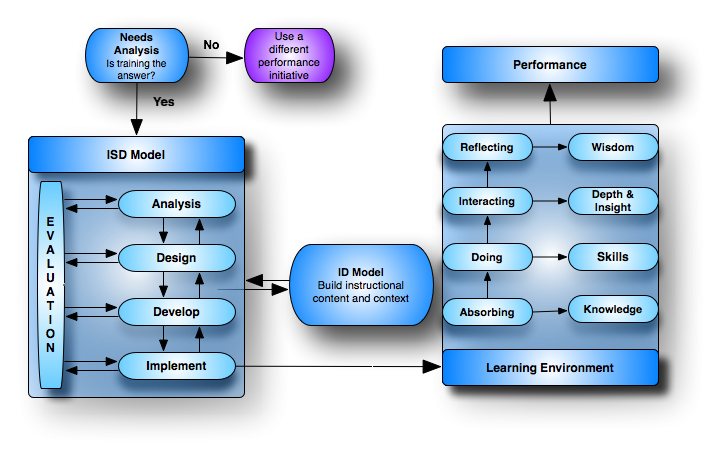Note: This site is moving to KnowledgeJump.com. Please reset your bookmark.
Johann Friedrich Herbart (1776-1841)
Herbart's system of philosophy stems from the analysis of experience. The system includes logic, metaphysics, and aesthetics as coordinate elements. He rejected all concepts of separate mental faculties, postulating instead that all mental phenomena result from interaction of elementary ideas. Herbart believed that educational methods and systems should be based on psychology and ethics: psychology to furnish necessary knowledge of the mind and ethics to be used as a basis for determining the social ends of education.
Herbart was the first scientist to distinguish instructional process from subject matter. According to Herbart, interest develops when already strong and vivid ideas are hospitable towards new ones, thus past associations motivate apperception of current ones. Herbartianism, in predicting that learning follows from building up sequences of ideas important to the individual, gave teachers a semblance of a theory of motivation.
He also stressed the study of the psychological processes of learning as a means of devising educational programs based on the aptitudes, abilities, and interests of students. The success of Herbart's methods led to their adoption in the teacher-training systems of numerous countries.
Based on his work, Herbart's followers designed a five-step teaching method:
- Prepare the pupils to be ready for the new lesson.
- Present the new lesson.
- Associate the new lesson with ideas studied earlier.
- Use examples to illustrate the lesson's major points.
- Test pupils to ensure they had learned the new lesson.


